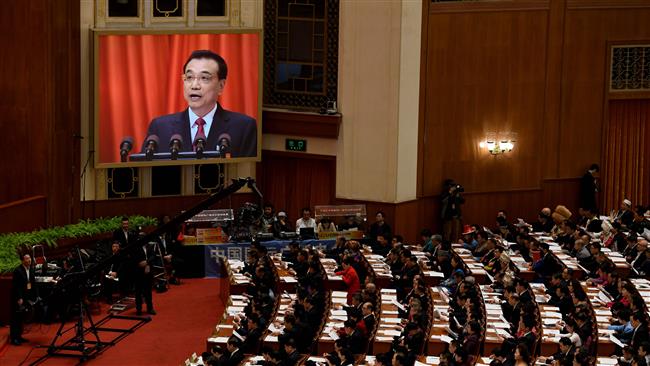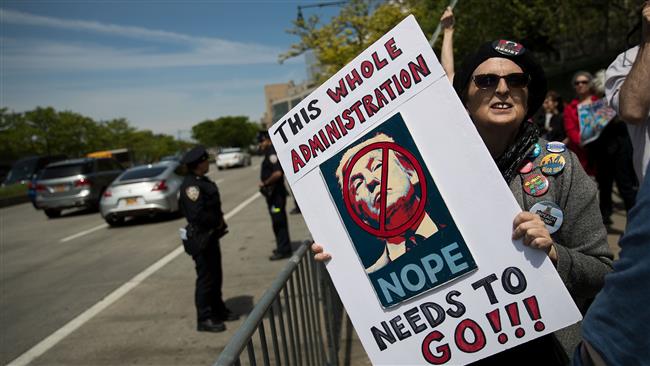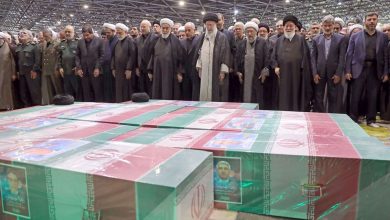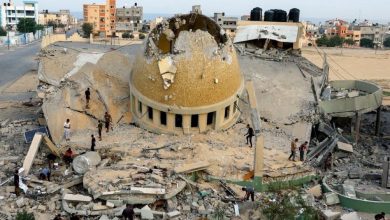Iraq: Economic protests continue in Baghdad, south
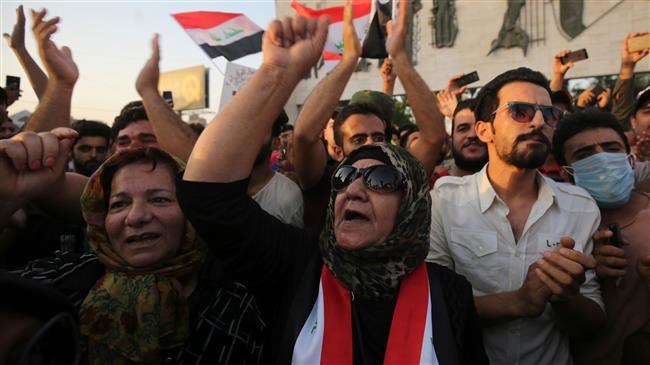

Thousands rally in the capital Baghdad and southern cities in Iraq, keeping up some three weeks of protest against economic conditions.
On Friday, hundreds gathered in Baghdad’s iconic Tahrir Square, prompting strict security measures, AFP reported. They accused the politicians of corruption.
Thousands also gathered in front of the provincial government’s offices in the southern oil hub of Basra, where the protests began on July 8.
The city of Nasiriyah also witnessed demonstrations. The participants held up banners reading, “No to corruption! Yes to change!”
People also marched in the provinces of Najaf and Maysan.
So far, 14 people have been killed during the rallies in which storming government offices and state facilities as well as attacking security forces have already become common scenes.
Lying at the heart of the protests are power shortages, unemployment, and lack of clean water.
Also on Friday, Iraq’s most senior Shia cleric Ayatollah Ali al-Sistani called on the incumbent government to meet the protesters’ demands.
“The current government must work hard urgently to implement citizens’ demands and reduce their suffering and misery,” Sistani’s representative said in the holy city of Karbala.
Sistani also called for the formation of a new government “as soon as possible with effective, competent and transparent people”.
Politicians are trying to form a cabinet after May 12 parliamentary elections.
The cleric also called on Abadi’s successor to put up a courageous fight against corruption.
“He (the new prime minister) must launch a relentless war against the corrupted and those who protect them,” Sistani’s representative said.
Abadi endorses Sistani’s call
Prime Minister Haider al-Abadi, who visited Basra soon after the protests began to address the situation there, endorsed Sistani’s call, and said he was working to fulfill the protesters’ demands, with all the means available to him.
“In the initial stages of citizens’ announcing their demands in a number of provinces, we announced our instant response to all the legitimate demands, and we considered fulfilling the demands of citizens a strength, not a weakness, as they are sons of our nation and our goal is to serve them,” Abadi said in a statement released by his media office.
However, Shia cleric Muqtada al-Sadr, who won a majority in the polls at the head of his political bloc, accused the outgoing government of “repressing” the protests.
“Corruption, then injustice, and then repression, then [tear] gas, then beating,” he said on Twitter on Friday. “Fix the governance. The voice of the people has to be heard. Enough with repressing protesters,” he added.

